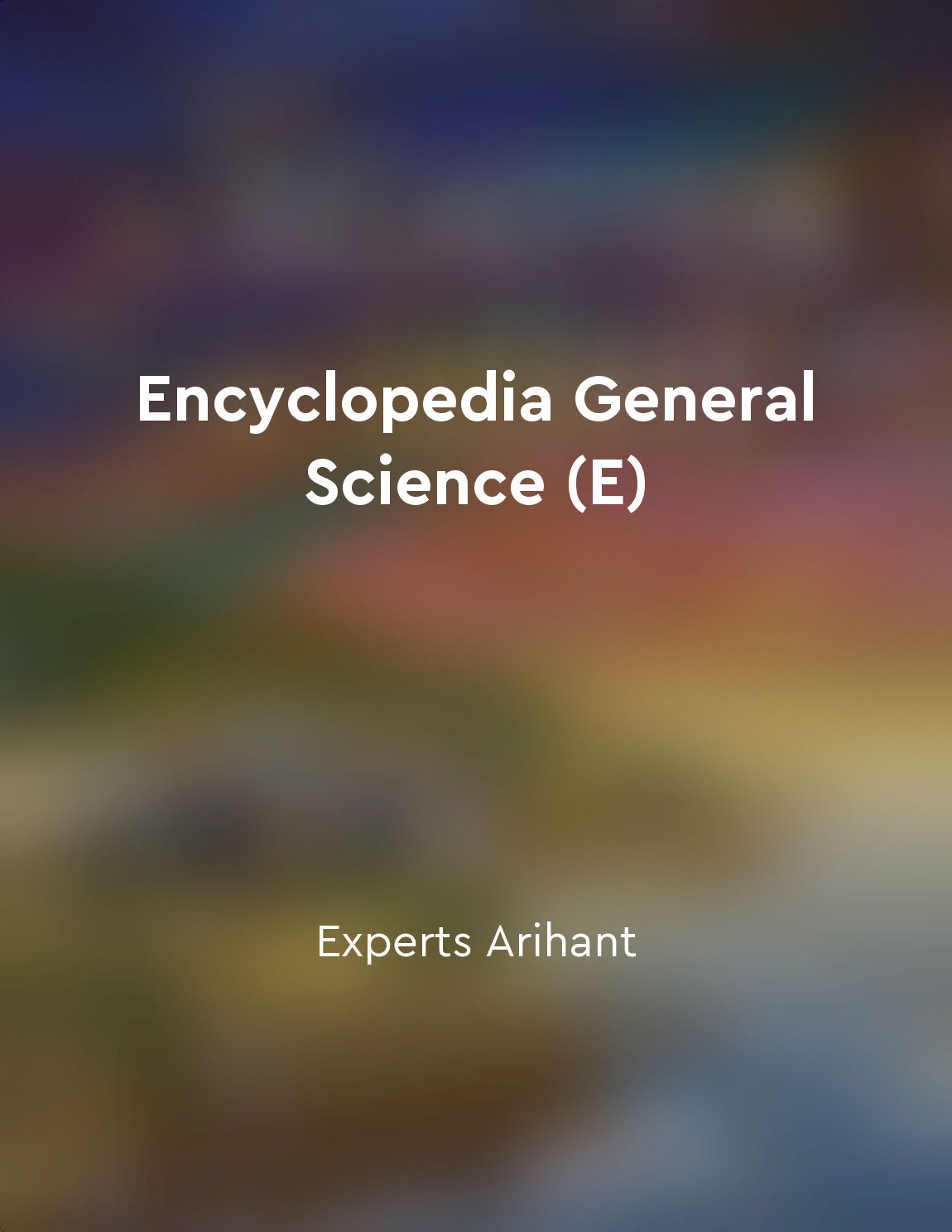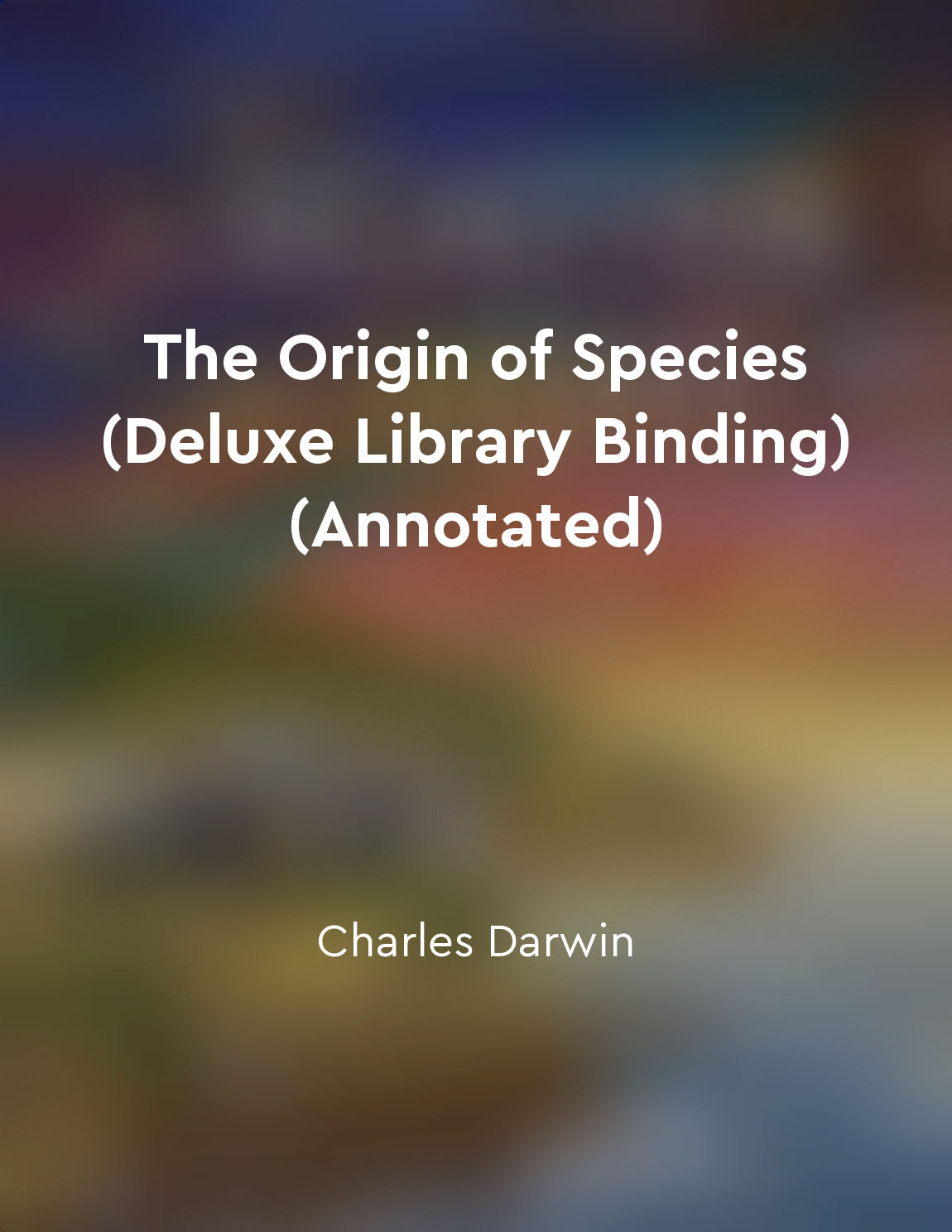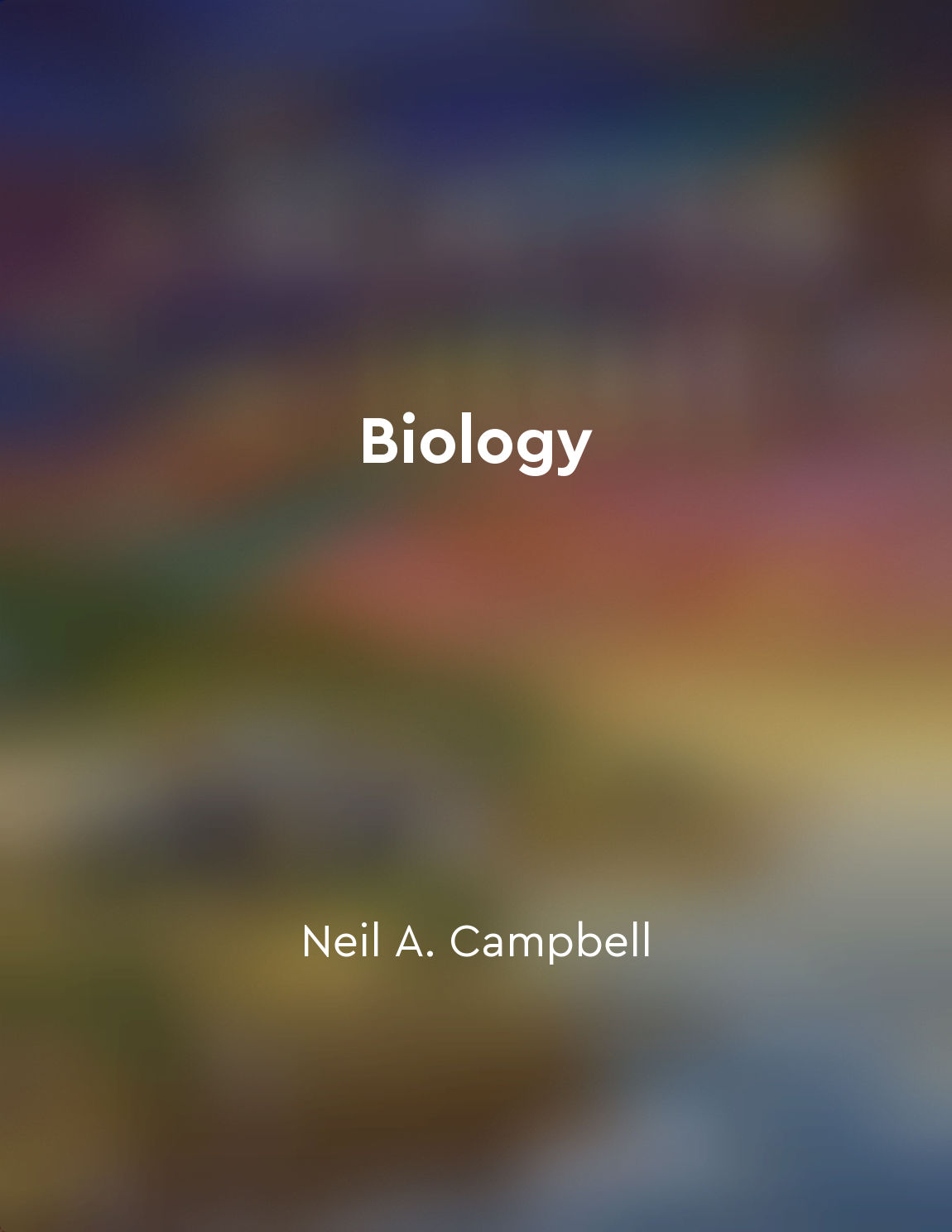Mutations can lead to variations in traits from "summary" of Human Biology by Cecie Starr,Beverly McMillan
Mutations, or changes in the DNA sequence, are a fundamental source of genetic variability in organisms. These changes can occur spontaneously or be induced by external factors such as radiation or certain chemicals. When a mutation happens in a gene that codes for a specific trait, it can result in a variation in that trait. Variations in traits can manifest in a variety of ways, from subtle differences in physical appearance to significant changes in physiological functions. For example, a mutation in a gene responsible for eye color can lead to variations in eye color ranging from blue to brown. Similarly, a mutation in a gene that controls the production of a certain protein can result in variations in traits such as enzyme activity or hormone levels. The impact of mutations on traits can be influenced by a variety of factors, including the type of mutation, its location in the genome, and the presence of other genetic variations. Some mutations may have no noticeable effect on an organism's phenotype, while others can have dramatic consequences. For example, mutations that disrupt essential genes can lead to developmental abnormalities or genetic disorders. It is important to note that not all variations in traits are the result of mutations. Genetic diversity in populations can also arise from other sources, such as genetic recombination during sexual reproduction. However, mutations play a crucial role in generating new genetic variations that can drive evolution and adaptation in populations over time. By studying the effects of mutations on traits, scientists can gain insights into the genetic basis of diversity and the mechanisms of evolution.Similar Posts
The impact of climate change
Climate change is a topic of great importance in today's world. It refers to the long-term alteration of temperature and typica...
Cells perform various functions to maintain homeostasis
Cells are the basic structural and functional unit of living organisms. They are responsible for maintaining homeostasis, which...

Meteorology deals with the study of the atmosphere and weather patterns
Meteorology is a branch of science that is concerned with the study of the atmosphere and weather patterns. This field of study...

Geographic isolation fosters diversity
Geographic isolation plays a critical role in the development of diverse species. When populations of organisms are separated b...
Fossil record provides evidence of evolutionary change
The fossil record stands as the most tangible document of evolutionary history. Fossils provide us with a window into the past,...
To explain the world is a noble endeavor
The pursuit of understanding the world around us is a noble endeavor that has captured the imagination of thinkers throughout h...

Biodiversity and conservation
Biodiversity refers to the variety of life in all its forms and combinations. It encompasses the different species of plants, a...
The precautionary principle should guide the regulation of genetically modified crops
The precautionary principle, when applied to the regulation of genetically modified crops, dictates that the potential risks an...

Cultural evolution mirrors biological evolution
The idea that cultural evolution mirrors biological evolution is a powerful one. Just as genes are subject to variation, select...
Scientists continue exploring theories to uncover universe's mysteries
Scientists are constantly searching for answers to the fundamental questions of the universe. They explore various theories and...

